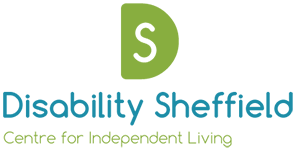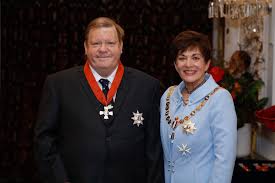Disability Rights groups all around the world have been celebrating the life of Robert Martin. whose campaigning and personal story shaped the movement and the life chances of disabled people all over the world.
Disability Debrief, which offers ‘a disability lens on world news, and resources from 145+ countries,’ has released a tribute to Robert, who was born in New Zealand in 1957. Complications at his birth led to brain injury and he grew up with a learning disability. He was separated from his family at eighteen months old and spent much of his childhood in institutions. As he later shared in a statement about his life and advocacy:
“I was put in an institution and I lost my family. I was locked away from the community. I wanted to be with my family. I wanted to grow up with my sister – I missed my family and cried for them. I wanted them to come and take me home. But they did not come. So in the end I gave up crying for them.”
Martin was, in his words “one of the lucky ones” who got out of institutional care. He built his own life, “packed full of books, music and sports,” and a marriage to his wife Lynda. It was a life dedicated to solidarity with other disabled people, especially those with learning disabilities.
Martin campaigned so that others would not have the same childhood he did:
“Disabled children should be able to join in and be part of all the things happening in their community. They should go to their own local school so they can learn from their friends in their neighbourhood and be the best they can be and enjoy life like anyone else,” he said.
His was a hope for “all the children of tomorrow”, that they “grow up in caring, well-supported families and that communities and societies shift to be inclusive of all people.”
“I believe every person can live in the community with the right support – no ifs, no buts, no maybes.”
Martin’s advocacy was seen as trailblazing. He was the only person with an intellectual disability to serve on the UN Committee for Rights of Persons with Disabilities, or indeed any UN human rights treaty body. and he was the first New Zealander with a learning disability to be knighted





